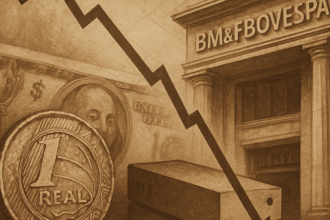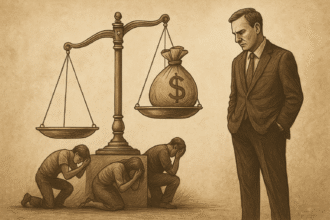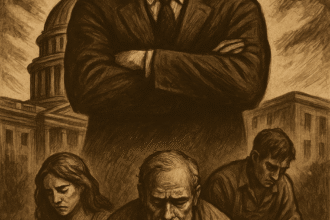The trade tariffs announced by the United States government, under the leadership of Donald Trump, have generated global apprehension. But for Brazil, especially in the tourism and hotel sector, the impacts could turn into strategic advantages, as long as they are well explored.
A new economic scenario
With the new taxes, Brazilian products exported to the US become less competitive, which could affect the trade balance. But in addition to the direct impact on exports, there is a less obvious — and potentially beneficial — secondary effect: exchange.
With the appreciation of the dollar against the real, Brazil has become more accessible to foreign tourists. At the same time, international travel has become more expensive for Brazilians — encouraging domestic tourism.
Brazil cheaper for the world
The trend is clear: more North American and foreign tourists in general will come to Brazil in search of value for money and authentic cultural experiences. Brazilians, on the other hand, faced with an expensive dollar, tend to rediscover national destinations.
This change can bring new life to the hotel, gastronomy, agency and tourist attraction sectors — but it requires planning.
Opportunities that arise in the crisis
With strategic intelligence, the sector can transform this scenario into a competitive advantage:
-
International promotion: Position Brazil as an accessible, safe and diverse destination for the North American public.
-
Partnerships with global operators: Create packages that combine competitive pricing and unique local experiences.
-
Infrastructure and qualification: Take advantage of the expected growth in demand to invest in hospitality, logistics and services.
Challenges to watch out for
Not everything is easy. Volatile exchange rates can make long-term planning difficult. Focusing on just one market (like the US) creates excessive dependence. And the biggest risk: the infrastructure cannot keep up with the surge in demand.
Expanding tourism requires technical preparation, public-private coordination and attention to what visitors value: comfort, safety, authenticity and experience.
Conclusion
Trade tensions between the United States and Brazil could have positive side effects — as long as the country acts with vision and agility.
Tourism, often neglected in economic strategies, can become a real lever for growth.
Global challenges, when well understood, can open local doors.





